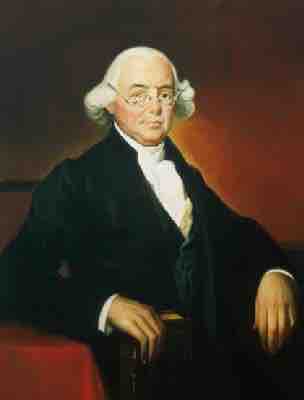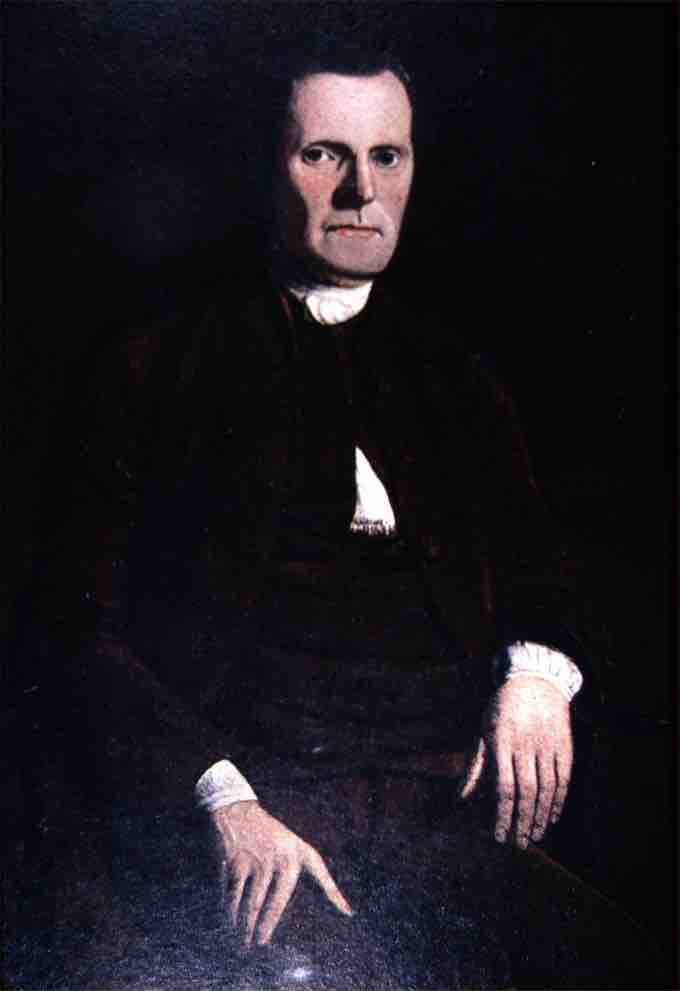Among the most controversial issues confronting the Constitutional Convention delegates was slavery. Slaves comprised approximately one-fifth of the population in the US colonies; in the Southern colonies, they accounted for 40% of the population. Whether slavery was to be regulated under the new Constitution was a point of contention between the North and the South, with several Southern states refusing to join the Union if slavery was not allowed.
Representation
One of the most contentious slavery-related questions was whether slaves would be counted as part of the population in determining representation in Congress, or if they would be considered property and therefore exempt from representation. Delegates from states with large populations of slaves argued that slaves should be considered as people in determining representation. At the same time they argued slaves should be considered property if the new government were to levy taxes on the states based on population. Delegates from states where slavery had become rare argued the opposite: that slaves should be included in taxation but not in determining representation.
Three-Fifths Compromise
Delegates James Wilson and Robert Sherman proposed the Three-Fifths Compromise, which the convention eventually adopted. The final compromise established the policy of counting each slaves as only three-fifths of a person. This reduced the power of the slave states relative to the original Southern proposals, but increased it over the Northern proposal.

Justice James Wilson
Along with Robert Sherman, Wilson proposed the Three-Fifths Compromise.
The three-fifths ratio was not a new concept; it had originated with a 1783 amendment proposed to the Articles of Confederation. The amendment was to have changed the basis for determining each state's wealth and, hence, its tax obligations, from real estate to population, as a measure of wealth-generating ability. The proposal by a committee of the Congress had suggested that taxes "shall be supplied by the several colonies in proportion to the number of inhabitants of every age, sex, and quality, except Indians not paying taxes." The South immediately objected to this formula because it would include slaves, who were viewed primarily as property, in calculating taxes owed. As Thomas Jefferson wrote in his notes on the debates, the Southern states would be taxed "according to their numbers and their wealth conjunctly, while the Northern would be taxed on numbers only."
After proposed compromises of one-half by Benjamin Harrison of Virginia and three-fourths by several New Englanders failed to gain sufficient support, Congress finally settled on the three-fifths ratio James Madison proposed. While the original amendment to the Articles of Confederation had failed, the Three-Fifths Compromise was passed without extensive debate in the forming of the new Constitution.

Senator Roger Sherman
Sherman along with James Wilson proposed the Three-Fifths Compromise.
International Slave Trade
Another issue at the convention was what should be done about the international slave trade, particularly slave importation. The three states that still allowed importation threatened to leave the convention if the trade was banned. Anti-slavery delegates were forced to yield in their demands that slavery practiced within the confines of the new nation be completely outlawed. However, they continued to argue that the Constitution should prohibit states from participating in the international slave trade, including importation of new slaves from Africa and exportation of slaves to other countries.
Because of its contentious nature, and because delegates did not want ratification of the Constitution to fail because of the conflict over slavery, the Convention postponed its decision on the slave trade. A special committee instead negotiated another compromise: Congress would have the power to ban slave importation, but not for at least 20 years, which would be 1808. In exchange for this concession, provisions that allowed for taxation of slave trades in the international market would strengthen the federal government's power to regulate foreign commerce.